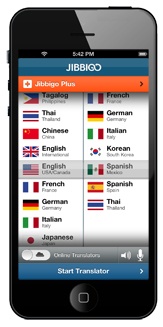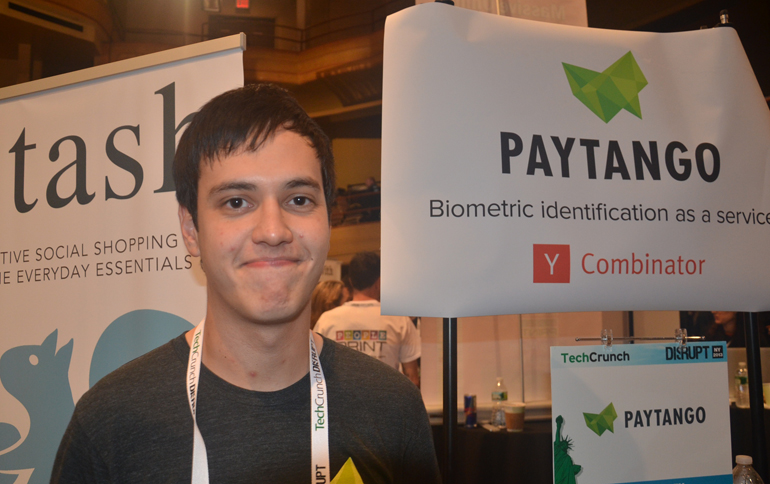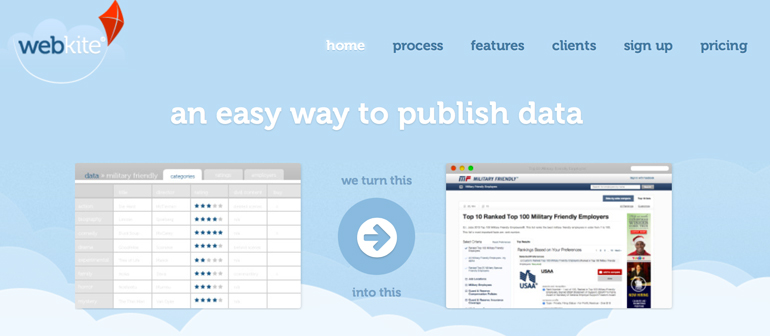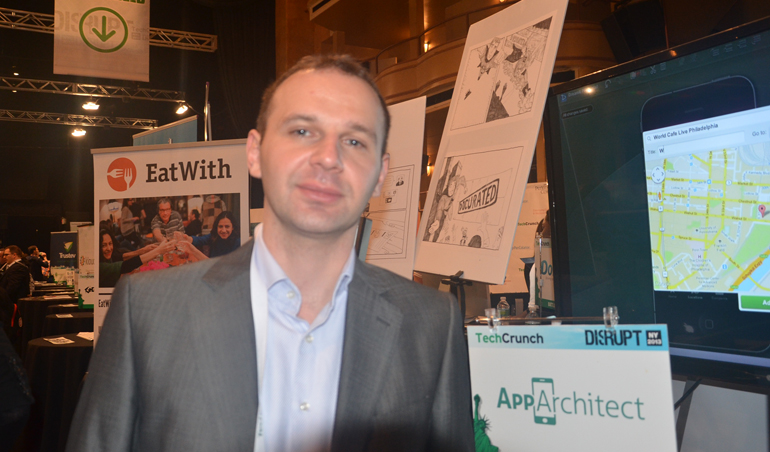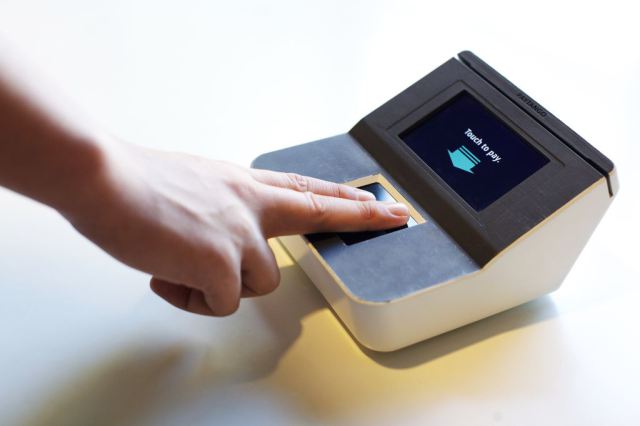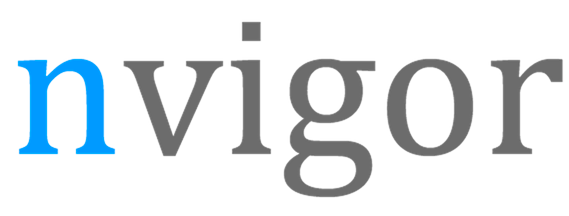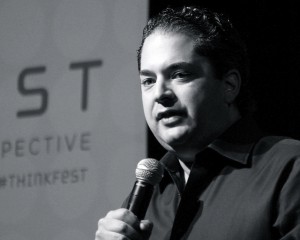
Subscription boxes are nothing new. There are subscription boxes for shoes, women’s clothes, men’s clothes, gadgets, toys, and even dogs. Now two co-founders originally from Philadelphia find themselves in Cincinnati going through The Brandery with their startup Co-Ed Supply.
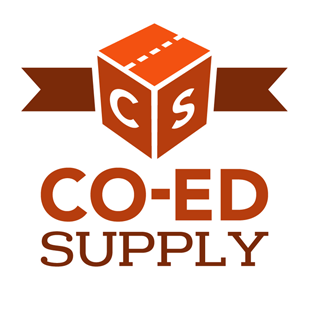 Marissa Hu and Andy Forston’s startup takes the subscription box model and solve a problem for parents and loved ones of college students, the care package. While some may think by subscription-izing the care package you’re taking the “care” out of it, we all know that college students are hard to shop for and sometimes it’s just not that cool to get hearts, candies, and box scores sent from mom and dad every week.
Marissa Hu and Andy Forston’s startup takes the subscription box model and solve a problem for parents and loved ones of college students, the care package. While some may think by subscription-izing the care package you’re taking the “care” out of it, we all know that college students are hard to shop for and sometimes it’s just not that cool to get hearts, candies, and box scores sent from mom and dad every week.
Of course the Co-Ed Supply box is also perfect for working and busy parents, and with parents staying on the job, working the same long hours later and later in life, Co-Ed Supply makes sense.
While Co-Ed supply will have a revenue stream with their subscription customers, their other customers–their bigger customers–are manufacturers and vendors of products that want to make it into the dorm rooms of college students. By partnering with Co-Ed Supply, these brands get exposure and engagement at a whole new level. One of the best parts for the brand is that it’s of course, opt-in.
Coed Supply is currently in beta and getting ready to launch soon. You can get signed up on their website now. Check out our full interview with Forston below.

What is the name of your startup?
Co-Ed Supply (http://www.coedsupply.com)
Where is your startup originally from?
Philadelphia, PA
Tell us about your current team?
Marissa Hu, CEO – has spent the last four years in business development and sales. Most recently, she was one of the early members of the business team driving partnership development for the Shanghai Disney Resort. She’s also a recovering investment banker from Goldman Sachs, a UC Berkeley alum who’s now halfway through her MBA at Wharton, and on the investment team at First Round Capital’s Dorm Room Fund.
Andy Fortson, CMO – has been a digital and social media marketer for consumer, entertainment, and technology companies for the past seven years. Most recently he led marketing at mobile couponing app SnipSnap, and previous clients have included Gilt Groupe, Red Bull, Paramount, Fox, Microsoft, and Sony.
What does your startup do?
Co-Ed Supply delivers a curated box of college essentials to students every month starting at $20. The contents of each box is a surprise but all contain healthy snacks, personal care items, and entertainment. For students and their parents, basically we’re offering a cheaper, healthier, and more entertaining alternative to traditional care package options.
On the flip side, we work with brands who are trying to market to college students. Right now they hand out samples on campus, and when that sample walks away they don’t know who the student was, if they enjoyed it, purchased more, or shared with their friends. With Co-Ed Supply these brands can measure these types of results because we deliver data back to them on how well their campaign did.
What are your goals for the accelerator program?
Our goal was literally to accelerate our progress headed into the new school year and to establish relationships with large consumer brands. The Brandery has been super helpful for us in reaching our goals so far.
What’s one thing you’ve learned in the accelerator?
It’s taken some time but we feel like we’ve really gotten to understand how to work with mentors. The most helpful part is how to ask the right questions so that we can identify issues we weren’t aware about and how to get answers to questions we didn’t even know we had in the first place.
What’s the hardest piece of advice you’ve had to stomach so far?
We haven’t gotten any hard-to-stomach advice necessarily, but we’ve received a lot contradictory advice. The hardest part is identifying the right path or to not waste too much time going down the wrong path.
What is your goal for the day after demo day?
Just to continue on building more relationships with brands, expanding our reach into more college campuses, and growing our subscriber base.
Why did you choose this accelerator?
We chose The Brandery because of its focus on building a strong brand and it’s relationships with a lot of consumer goods companies. These have been super valuable to building our business.
If you relocated for the accelerator are you staying in your new city?
What our presence in Cincinnati is after The Brandery is still to be decided. There are definitely a number of really good reasons to continue some sort of physical presence here.
What’s one thing you learned about an accelerator that you didn’t know when you applied?
We didn’t really expect all the companies to be as supportive of each other as everyone’s been. All the teams have very diverse backgrounds and have been super helpful for everybody with connections, technical help, and marketing knowledge.
Where can people find out more?
CoedSupply.com
Twitter
Facebook
Instagram







